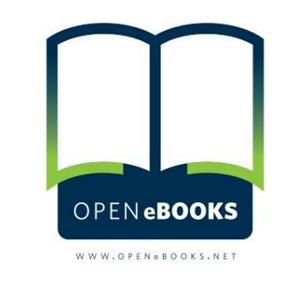 Literacy researchers such as Dick Allington and Anne McGill-Franzen have spent their professional careers proving through research that children who do not have access to books simply won’t read much outside the school setting and better readers typically read more and continue to improve, while their lesser accomplished peers lag further and further behind. No one understands this problem more than classroom teachers such as Justin Minkel, who is continually in search of viable options for getting books into the hands of readers who need them the most.
Literacy researchers such as Dick Allington and Anne McGill-Franzen have spent their professional careers proving through research that children who do not have access to books simply won’t read much outside the school setting and better readers typically read more and continue to improve, while their lesser accomplished peers lag further and further behind. No one understands this problem more than classroom teachers such as Justin Minkel, who is continually in search of viable options for getting books into the hands of readers who need them the most.
In a massive ConnectED Initiative to address the pervasive problem of text access in low-income households, U.S. President Barack Obama launched a comprehensive Open eBooks (also known as electronic books) effort in spring 2016, delivering more than 250 million dollars’ worth of digital reading material to elementary, middle school, and high school readers for free. More than 1.5 million student/family access codes for the Open eBooks app were requested during the two-week launch of Open eBooks, which is just a fraction of the number of students this initiative is meant to reach.
Providing access to electronic books is of paramount importance within a national landscape where Internet availability and access to smart devices has exploded in recent years. A 2016 study published by the Joan Ganz Cooney Center and funded by the Bill & Melinda Gates Foundation found that in U.S. households surveyed with children ages 6–13, 85% of families below the poverty line owned a smart device (tablet or phone). In addition to personal smart device ownership, ConnectED’s focus on digital device access via schools or public libraries has resulted in Open eBook access opportunities for most U.S. students.
Accessing Open eBook’s high-quality books and educational resources is a multistep process initiated through the Open eBooks Get Started page. After clicking Create an Account to Shop via the First Book Marketplace site, adult participants request Open eBook free codes for as many children as they serve. The Digital Learning tab across the top of the First Book Marketplace site provides a drop-down menu for collections grouped by age. Participants select each collection for which they wish to have code access and add it to their shopping cart, which upon checkout costs them nothing.
An organizational preview of Open eBook collections could help consumers to wade through popular elementary grades book series, new and award-winning novels, nonfiction, and young adult titles spanning a wide range of interests and topics. Selections from multiple publishers are culturally diverse, and some are available in multiple languages. There are also accessibility provisions for special needs readers. Few picture books or pre-K–K titles are currently offered. Users can select 10 titles at a time.
With so many still unaware of the program, First Lady Michelle Obama is spearheading the Open eBooks initiative to inform and enlist all eligible Open eBook participants, including adults who work with in-need students in schools, libraries, clinics, shelters, out-of school programs, early childhood programs, and military family services. With this outreach, hopefully it won’t be long before all children have access to books.
 Terry S. Atkinson is an associate professor for the Department of Literacy Studies, English Education, and History Education at East Carolina University in Greenville, NC.
Terry S. Atkinson is an associate professor for the Department of Literacy Studies, English Education, and History Education at East Carolina University in Greenville, NC.
This article is part of a series from the Technology in Literacy Education Special Interest Group (TILE-SIG).